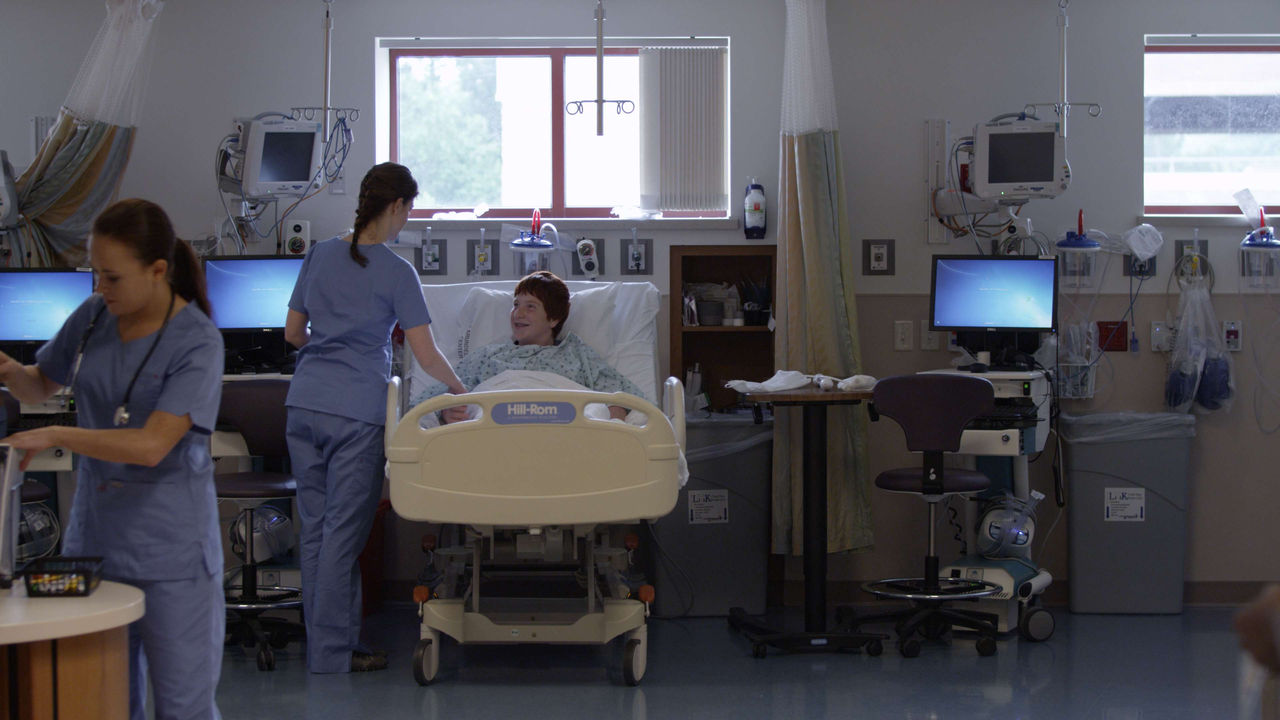Most people understand that hard skills are industry-specific skills you need to know for your job, such as how to take blood pressure or draw blood in nursing. But nursing also requires many “soft skills.” These are skills you may already have developed from other jobs, or you may learn them on the job as a nurse. Some of these skills are social in nature, skills you’d use in any job role—things like knowing how to reassure a nervous patient (communication) or handle an unexpected situation that requires someone taking the lead (critical thinking and leadership).
In 2022, three soft skills have risen to the top on employer lists. They are dependability, communication, and problem-solving, according to career experts. Here are 7 soft skills important to nursing.
Dependability: Being dependable means a number of things beyond showing up for work. Not only do you meet your day-to-day work responsibilities, but you’re able to meet deadlines, be reliable, and interface well with others.
Communication: A big part of nursing is communicating both with colleagues and patients. It’s important to be able to listen to patients to collect crucial medical information and communicate with them in a kind way. You also need to communicate important information to your medical colleagues.
Problem-solving: Today’s employers want employees who can think on their feet and resolve a situation or conflict with creativity and critical thinking. Nurses problem-solve all day long, and doing it well helps your team.
Empathy/compassion: Patients can feel frightened or overwhelmed in a medical setting and being empathetic with them helps them feel safer and more comfortable. In turn, their confidence in you makes your job easier because you’re more likely to get cooperation from them.
Teamwork: Nurses often work with a care team of nurses, doctors, and other medical professionals to take care of patients. Working well together involves communication, the ability to resolve problems or conflicts in a professional manner, and contributing positively to the workplace culture.
Critical Thinking: Nurses need to make decisions, sometimes in a fast-paced environment. Critical thinking involves assessing a situation, interpreting the available information, analyzing data, and considering different outcomes to arrive at the best decision.
Stress Management: It’s hard to be compassionate with a patient when you’re overly stressed and irritable yourself. Stress also leads to mistakes. That’s why it’s important to prioritize your wellbeing during your personal time, which can be hard if you also have a family. But it’s important to do things for yourself like exercise, listen to music, or take a walk outside to reduce your stress.
As you work in the field and gain experience, your ability to self-reflect and listen to constructive feedback will help you develop these important soft skills.
If you’re interested in pursuing nursing as a career, visit St. Paul’s School of Nursing program page or call (855) 822-3018 to speak to one of our admissions representatives or to schedule a campus tour.


